Nesting Gulf Sea Turtles Feed in Waters Filled With Threats
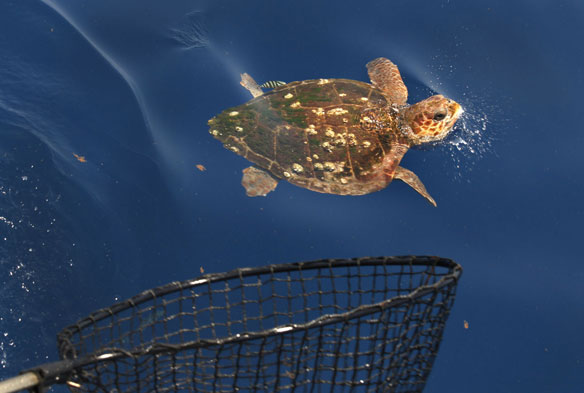
Nesting loggerhead sea turtles in the northern Gulf of Mexico feed among areas that were oiled by the 2010 Deepwater Horizon spill and where human activities occur, several of which are known to pose threats to sea turtles, a new U.S Geological study showed.
Pacific Ocean Garbage Swirls Predictably, A Video
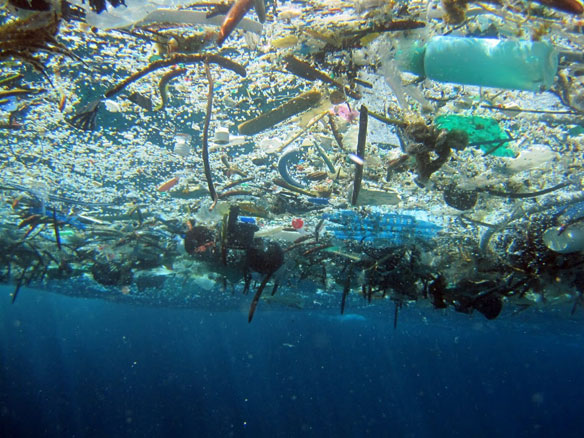
The ‘Pacific Garbage Patch’, including debris from the 2011 Japanese Tsunami, travels in seasonal patterns. Coastal Observation and Seabird Survey Team’s (COASST) executive director Julia Parrish explains the patterns and how her organization is helping to mitigate the problem.
Beach Erosion Again Exposes Concrete at Kuhio Beach, Hawaii
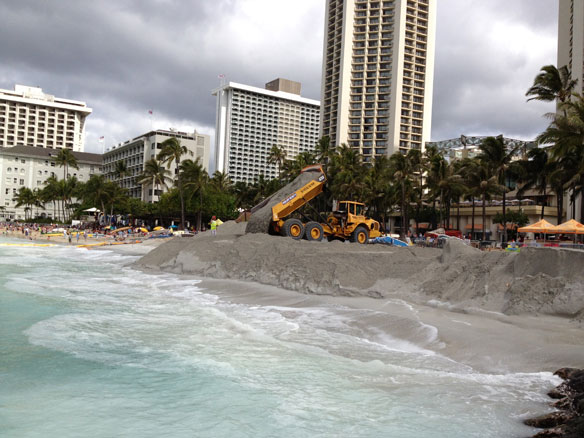
It was just last October that beach erosion exposed an area of concrete along Kuhio Beach. Nine months later, it has happened again.
Bahamas Bacteria Feeding on Mineral-Rich Dust from the Saharan Desert
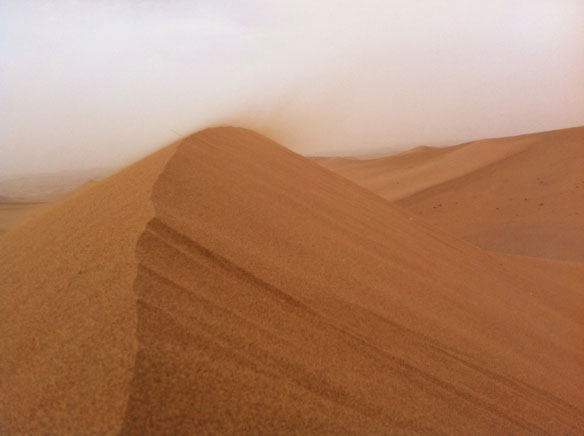
Bacteria living in the warm waters off the Bahama Islands may feed on the mineral-rich dust that the wind carries over from the Sahara Desert, a new study finds. Winds may blow the dust about 5,000 miles across the Sahara and the Atlantic Ocean, before it settles along the Great Bahama Bank, a raised limestone platform on the ocean floor near the islands.
Caofeidian, The Chinese Eco-City That Became a Ghost Town – In Pictures
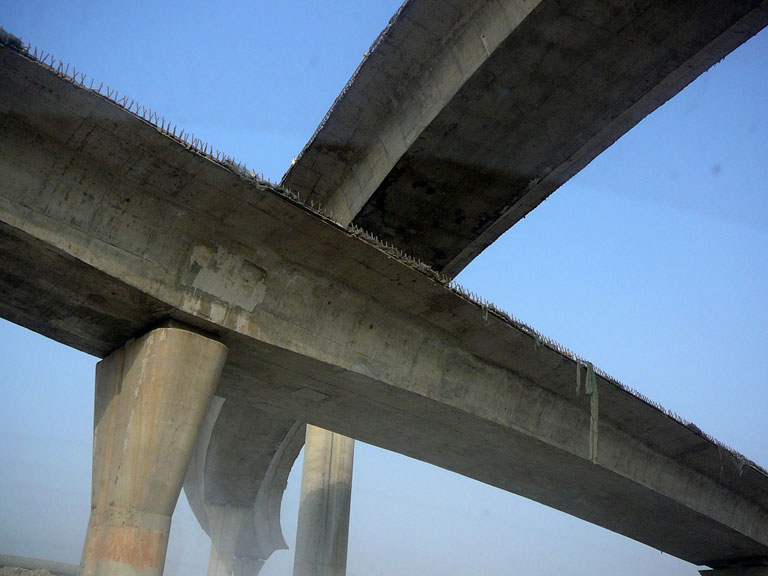
“As precious as gold … That was how then-president Hu Jintao described Caofeidian during his visit in 2006. It was pledged to be ‘the world’s first fully realised eco-city’ – yet 10 years and almost $100bn later, only a few thousand inhabitants have moved to this land reclaimed from the sea …”
‘Nuisance Flooding’ An Increasing Problem As Coastal Sea Levels Rise
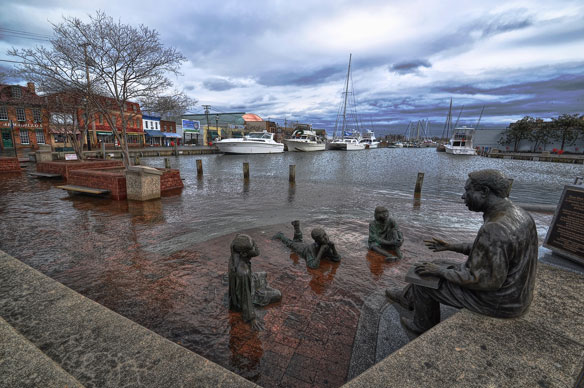
A NOAA study looks at more than 60 years of coastal water level and local elevation data changes. Eight of the top 10 U.S. cities that have seen an increase in so-called “nuisance flooding”.
Venice Is At The Heart Of Climate Change Debate
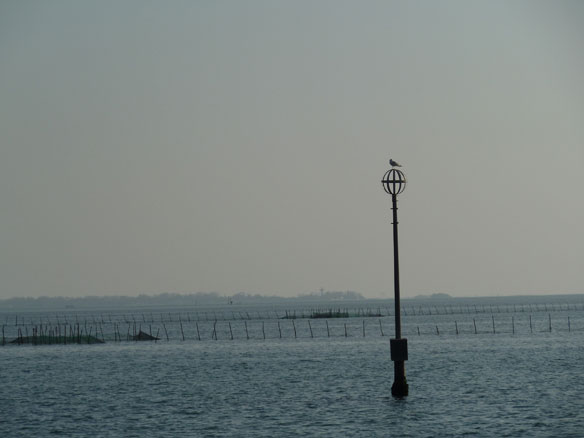
Venice – which is already fighting sea level rise – is a city which is extremely threatened by climate change. For the people who live there and the millions who visit every year, we have this message: Save the Climate, There is no Planet B.
Cameroon’s Rising Sea Drowns Tourism
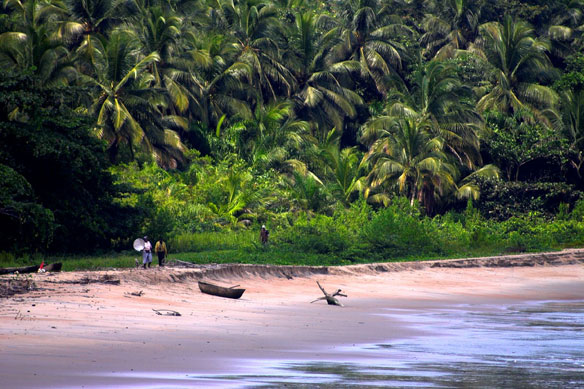
Located in the gulf of Guinea, Kribi has an estimated population of about 50,000 whose livelihoods depend on farming, fishing and tourism. However, rising sea levels and increased tides have eroded most of the once-sandy beach along Kribi. Now beaches are reduced to narrow muddy paths, the coastline has eroded from 50 to 100 metres since 1990.
The Great Barrier Reef’s Days May Be Numbered
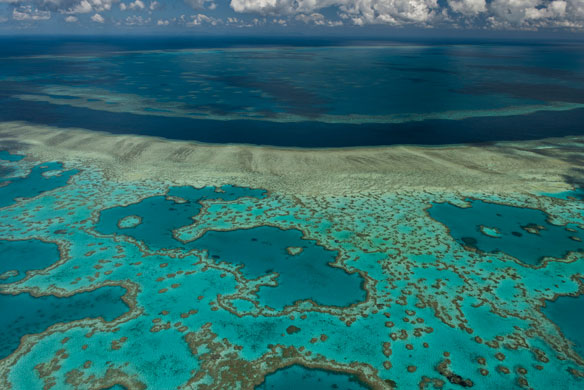
Researchers appeared before an Australian Senate committee to review how federal and local governments have managed the reef, and found that the Reef is in the worse state it’s ever been in since records began. Researchers attributed the significant decline to coastal development as well as dredging and dumping sediment along the Queensland coast.
